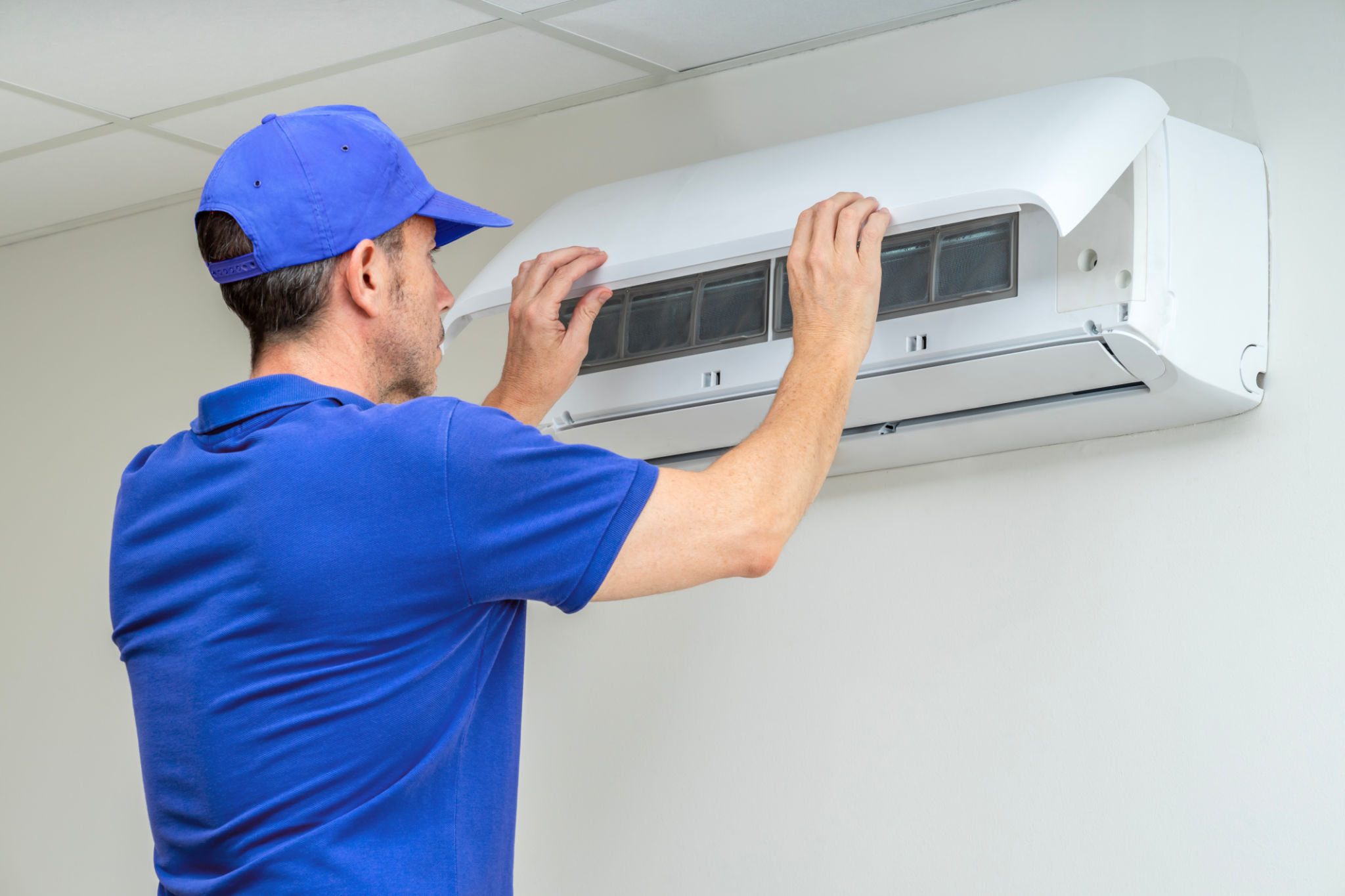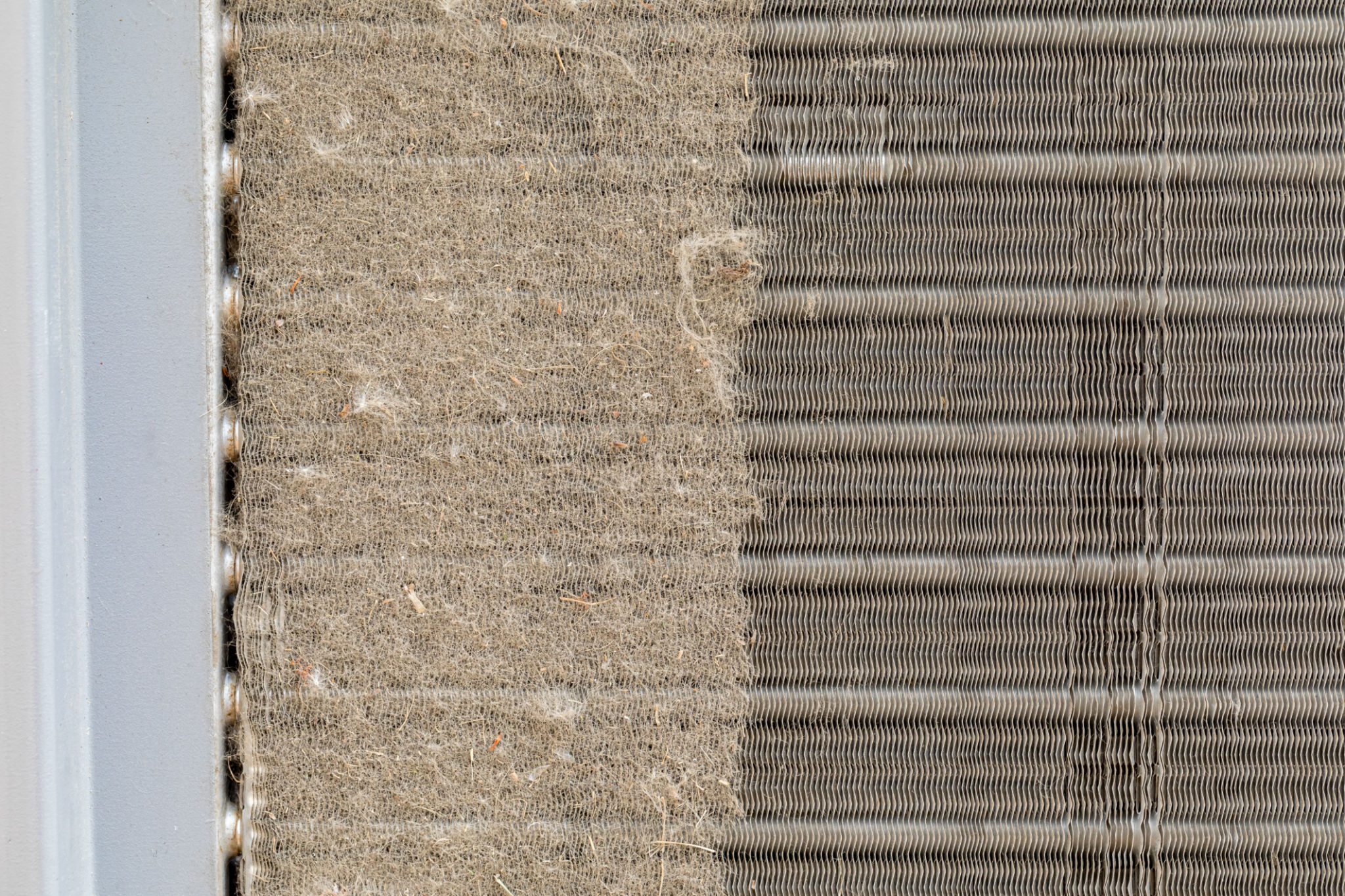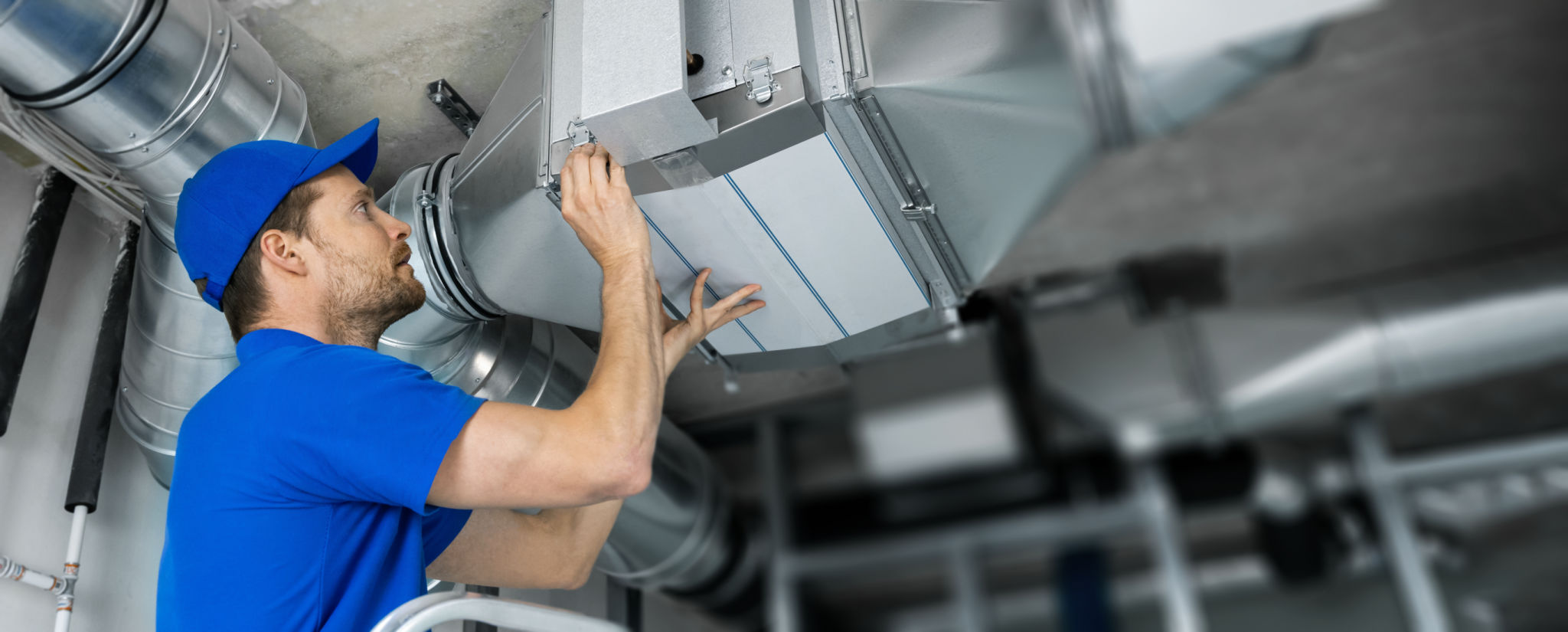DIY Tips for Basic HVAC Maintenance to Save Costs
Understanding Your HVAC System
Before diving into DIY maintenance, it's important to have a basic understanding of your HVAC system. The term HVAC stands for Heating, Ventilation, and Air Conditioning, and these systems are designed to provide comfort by controlling the temperature and air quality in your home. Regular maintenance not only ensures that your system runs efficiently but also extends its lifespan.
By performing some simple maintenance tasks, you can save on costly repairs and keep your HVAC system functioning optimally. Here are some essential tips to help you get started.

Regular Filter Replacement
One of the simplest yet most effective maintenance tasks is replacing your HVAC filters regularly. Dirty filters can restrict airflow, making your system work harder than necessary, which can lead to higher energy bills and potential damage.
How Often Should You Replace Your Filters?
It’s recommended to check your filters every month and replace them every 1-3 months, depending on factors such as the type of filter used, whether you have pets, and if anyone in your home suffers from allergies. A clogged filter can reduce the efficiency of your system, so make sure to keep a regular schedule.

Cleaning the Condenser Coils
The condenser coils in your HVAC system play a crucial role in cooling the air. Over time, these coils can become dirty and hamper the efficiency of your system. Cleaning the coils is a straightforward task that can greatly improve performance.
Steps for Cleaning Condenser Coils
- Turn off the power to your HVAC system.
- Gently remove any debris around the outdoor unit.
- Use a coil cleaner spray or a mixture of water and mild detergent to clean the coils.
- Rinse thoroughly with water and allow them to dry before restoring power.

Checking Thermostat Settings
Your thermostat is another component that requires periodic attention. Ensuring that it is set correctly can prevent unnecessary energy use. If you have a programmable thermostat, make sure it is set according to your schedule to optimize energy savings.
If you notice that your HVAC system isn’t responding as expected to thermostat changes, it might be time to consider replacing it with a more efficient model.
Inspecting Ductwork for Leaks
Leaky ductwork can lead to a significant loss of heated or cooled air, reducing the efficiency of your HVAC system. To inspect for leaks, look for any visible cracks or gaps in the ducts and seal them with duct tape or a specialized sealant.
This simple task can prevent air loss and reduce the strain on your HVAC system, ultimately saving you money on energy bills.

Final Thoughts
Performing these basic DIY maintenance tasks can help you save on costly HVAC repairs and keep your system running efficiently. While these tips are helpful, it's important to schedule professional maintenance at least once a year to ensure that all components are functioning properly.
By staying proactive with your HVAC maintenance, you can enjoy a comfortable home environment while keeping energy costs down. Remember, a well-maintained system not only saves money but also contributes to cleaner indoor air quality.